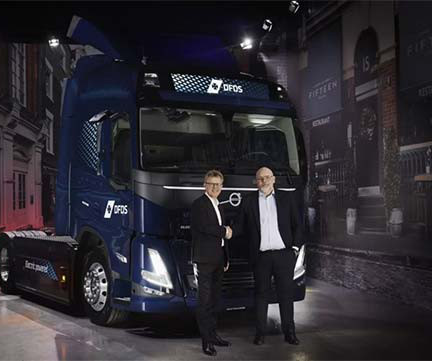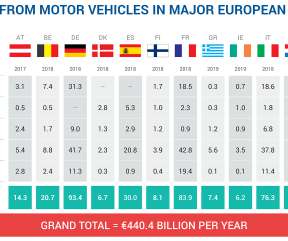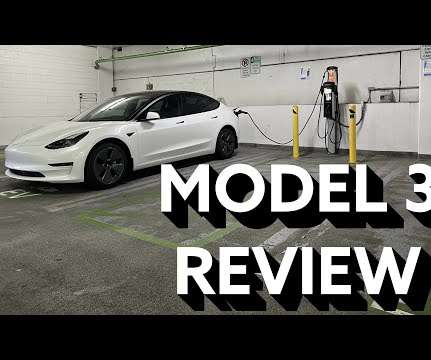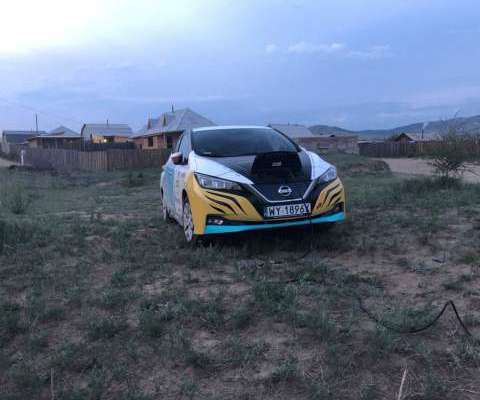DFDS orders 100 electric trucks from Volvo
Electric Cars Report
MARCH 18, 2024
With this latest order, DFDS has almost doubled its Volvo electric truck fleet to 225 trucks in total – the largest company fleet of heavy electric trucks in Europe.

Electric Cars Report
MARCH 18, 2024
With this latest order, DFDS has almost doubled its Volvo electric truck fleet to 225 trucks in total – the largest company fleet of heavy electric trucks in Europe.

Green Car Congress
MAY 4, 2020
According to the new Guide , 24 countries levy car taxes partially or totally based on the CO 2 emissions and/or fuel consumption of a vehicle. The three countries that do not apply CO2-based taxation are Estonia, Lithuania and Poland. Most countries grant only tax reductions or exemptions.

CleanTechnica EVs
JULY 13, 2022
I’ve followed the European electric car and EV charger market for a decade. Nonetheless, I was shocked to see the figure that just came out from an EU EV charging analysis conducted by the European Automobile Manufacturers’ Association (ACEA) — “half of all charging points for electric […].

Green Car Congress
NOVEMBER 1, 2017
Many of the new EU member states with a low ECV market share merely offer an exemption from the annual circulation tax for electric vehicles. Five EU member states don’t offer any incentives at all: Croatia, Estonia, Lithuania, Malta and Poland.

Discover EV
MAY 29, 2019
ski raises awareness of the electric car by driving the new Nissan LEAF through Kaliningrad, Lithuania, Russia and Siberia, Mongolia, China, and South Korea on his way to Japan. Polish adventurer Marek Kami?ski Louise Woodhams finds out more about his 19,000 mile trip and what’s next

Green Car Congress
JUNE 20, 2012
Other findings of the analysis include: Registration of new cars in the EU increased constantly between 2001 and 2007, peaking at 15.5 million cars, but has fallen continuously since. The mass of new cars increased slightly in 2011 and is now back to the level seen in 2007 before the economic crisis.

Green Car Congress
JUNE 27, 2020
EEA said that one reason for the increase in car emissions is the growing share of the sport utility vehicle (SUV) segment. The market penetration of electric cars remained slow in 2019. This remains below the target of 130 g CO 2 /km that applied until 2019 but well above the EU target of 95 g CO 2 /km that phases-in this year.
Let's personalize your content